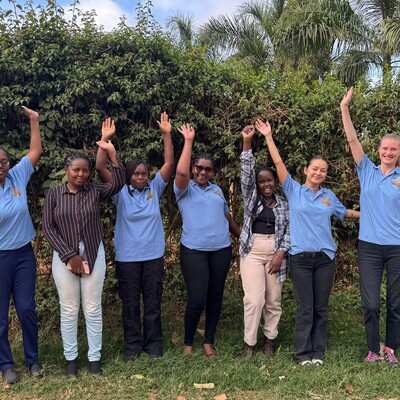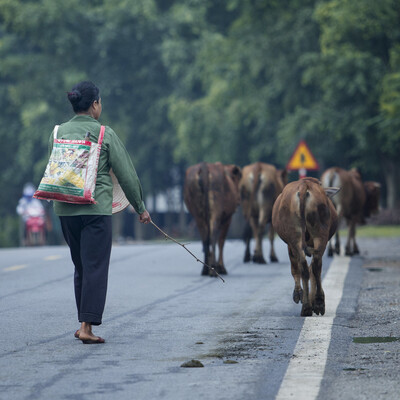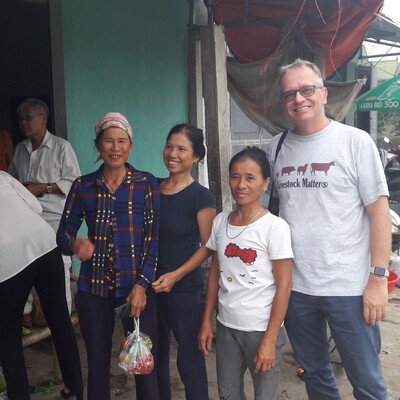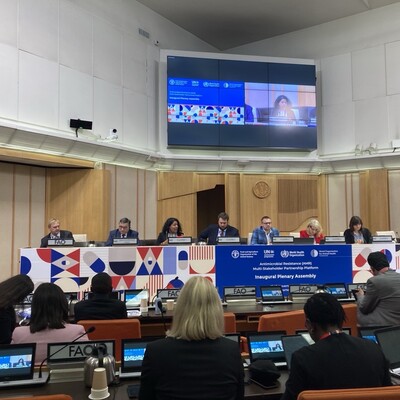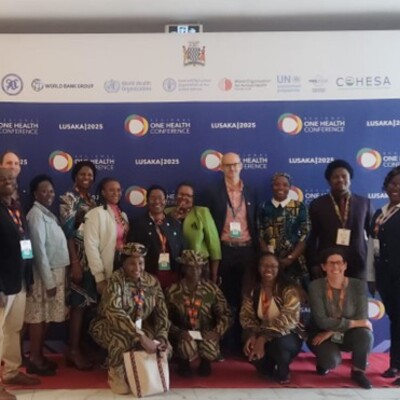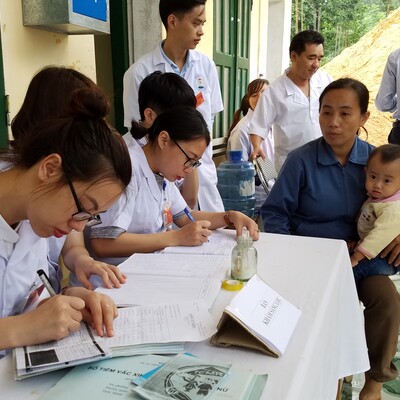
Food systems and One Health: a good fit for sustainable transformation
There cannot be sustainable, food systems transformation without a One Health approach.
Covid-19 exposed the intricate relationship between food systems and One Health, shedding light on this dynamic interplay that encompasses challenges such as greenhouse gas emissions, unhealthy diets, animal welfare concerns, infectious disease, antimicrobial resistance and biodiversity loss. Food systems are diverse and complex and require a multisectoral approach like One Health, reducing the environmental impact of food systems and safeguarding ecosystems by promoting sustainable agricultural and livestock practices. At the same time, a holistic One Health approach is flexible and can be tailored to effectively transform food systems in different regions and respond to unique challenges like a global pandemic.
At the heart of the discussion at Africa's Food Systems Forum (AGRF) 2023 Summit was the side event 'One Health for Food Systems Transformation' organised by the International Livestock Research Institute (ILRI), the International Food Policy Research Institute (IFPRI), the World Bank and the Alliance for a Green Revolution in Africa (AGRA). Keynote speakers and panellists called for more investments in a One Health approach and better coordination and collaboration between partners and across sectors to improve implementation.
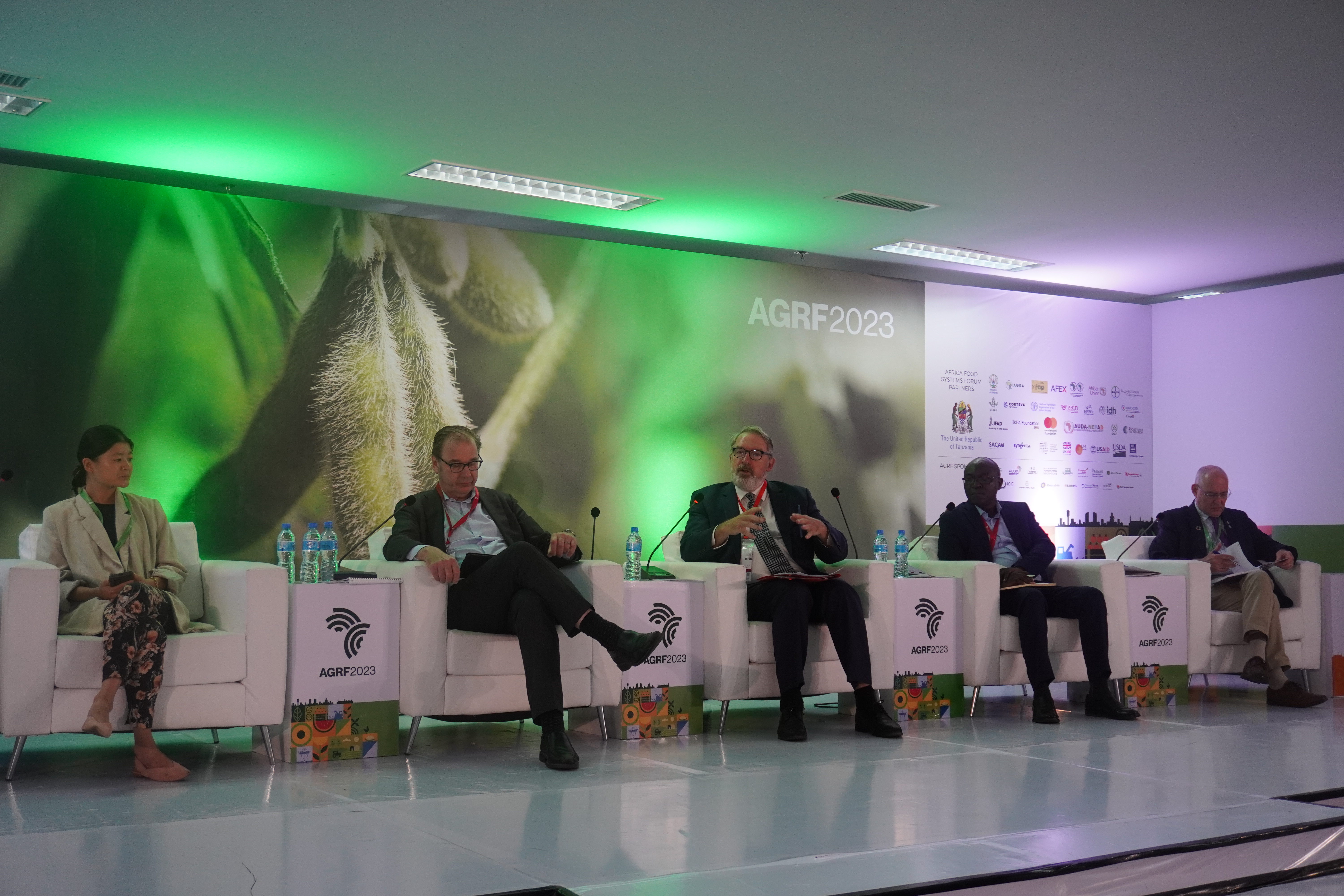
The complexity of food systems
Johan Swinnen, director general of IFPRI and managing director of Systems Transformation at CGIAR, highlighted how the complexity of food systems makes transformation a big challenge:
The more complicated the system is, the more difficult it is to make policies and have solutions. With food systems, everything is interacting with each other. It’s more comprehensive, with environmental and social factors.
The critical role of One Health
Martien Van Nieuwkoop, global director of Agriculture and Food Global Practice at the World Bank, emphasised the critical role of One Health, especially in light of the high percentage of zoonotic pandemics in recent years. He also presented the compelling economic case for One Health, emphasising that prevention costs only 1% of what it took to deal with a pandemic like COVID-19:
In the end, a pandemic risk anywhere is a pandemic risk everywhere. For global public good, we need more sustained financing to One Health, not donors responding to crisis.
How does food systems transformation and a One Health approach fit together?
A multisectoral challenge requires a multisectoral approach. Lysiane Lefebvre, senior policy advisor at the Shamba Centre for Food and Climate, highlighted the importance of adopting a One Health approach to address the complex trade-offs in food systems. 'A One Health approach is really appropriate for food systems because it considers healthy diets, while decreasing greenhouse gas emissions.
Iain Wright, deputy director of Integrated Sciences at ILRI, stressed policy coherence and institutional coordination, 'One Health is multisectoral. We need policy coherence and institutional coordination across ministries, stakeholders and civil society.'
A call for regional and global investment and collaboration
While there is a clear economic case for a One Health in food systems transformation, policymakers often hesitate to invest in this preventative approach, creating a cycle of panic and regret. It is crucial to shift towards more sustained funding for One Health and enhance multisectoral coordination.
Salum Manyata, assistant director of the One Health Coordination Section for the Prime Minister's Office in Tanzania, showcased Tanzania's One Health Platform. Manyata shared investment needs to better implement Tanzania’s One Health approach, strategic plan and guidelines from village to urban levels:
We need to invest in people, capacity building and laboratory infrastructure for animal, wildlife and human health. We need better surveillance across sectors, from wildlife to agriculture, which is vital for early detection and quick responses to emerging diseases.
Looking ahead
Framing One Health around food systems helps us consider food systems transformation while protecting animal welfare, human health and safeguarding our environment. To cover all our bases, better coordination and collaboration is necessary to secure investments in One Health regionally and globally.
Read the full article on whylivestockmatter.org.







